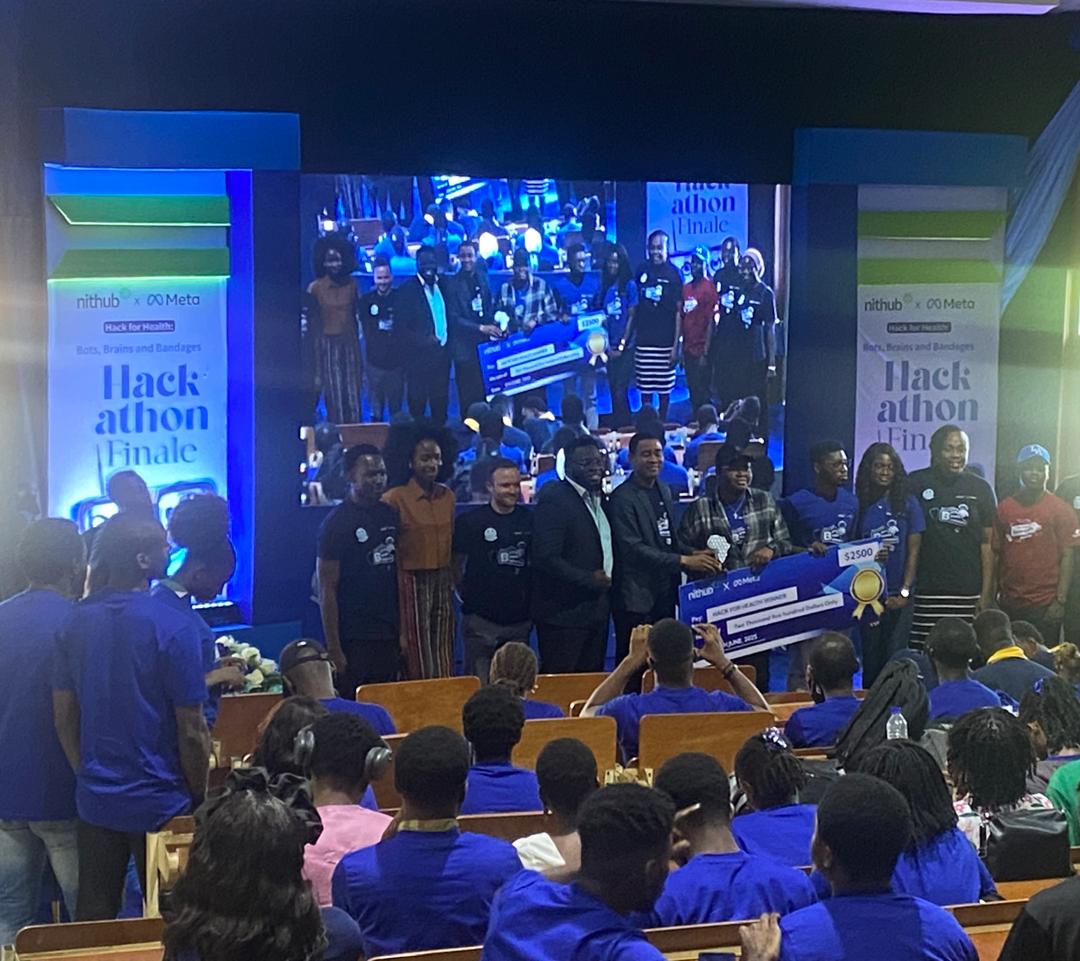Fitch, GCR upgrade Wema Bank’s credit rating, affirm positive outlook
By Taiye Olayemi
Credit rating agencies, Fitch and GCR, have upgraded the ratings of Wema Bank, further underscoring its capacity for long-term sustainability within the African banking ecosystem.
According to a statement by the bank on Thursday, these ratings raise the projection on Wema Bank’s outlook from stable to positive.
Fitch, an American rating agency, upgraded the bank’s National Long-Term Rating to ‘A-(nga)’ from ‘BBB(nga)’, while affirming its Long-Term Issuer Default Rating (IDR) at ‘B-‘.
African rating agency, GCR, also upgraded Wema Bank’s National scale long and short-term issuer rating to BBB+(NG)/A2(NG) from BBB(NG)/A3(NG), with a stable outlook
Commending Fitch and GCR for the objective assessment and projection of the bank’s future, its Chief Executive Officer, Mr Moruf Oseni, reiterated Wema Bank’s promise to its customers and shareholders.
Oseni asserted that Wema Bank’s journey has just begun at 80, saying, “Wema Bank is more than just a provider of financial services. This great institution represents a bold and firm statement to the world, ‘Nigerian-owned can stand the test of time’.
“Wema Bank was founded on the precipice of catering to the needs of Nigerians when no one else would. 80 years later, that legacy lives on and we are more fueled than ever to keep that timeless legacy thriving.”
Oseni said that Wema Bank had navigated every challenge and consistently developed solutions that accelerate progress across various industries beyond banking.
“Today, Wema Bank stands stronger than ever at 80 years. This is what happens when you devote your ‘all’ to self-improvement and delivering value to the people you serve.
“80 years seems like a lot and it is, but it is nothing compared to what lies ahead. These upgrades are very significant and represent good news for us as a bank.
“It stands as a strong testimony to the great work we have all put in in the last one year,” he added.
Oseni noted that Wema Bank had built a legacy of impact, resilience, empowerment, innovation, dominance, transformation and excellence since 1945.
He said that the bank had also pioneered a paradigm shift in banking, connecting banking with lifestyle and leveraging innovation.
According to him, the bank has introduced a new era of impactful banking where customers’ needs are proactively met with practical solutions tailored to every stage of their lives.
“Beyond being Nigeria’s longest surviving indigenous bank, Wema Bank’s intentional approach to banking has arguably earned it the title of Nigeria’s most innovative bank, a legacy that continues to reflect in the bank’s numbers.
“From a steady increase in customer volume to diversity in customer-base, strategic variety in range of solutions to increased shareholder confidence and upturns across several financial metrics, Wema Bank has proven to be the bank that has not just built a legacy of 80 years of impact.
“It is significantly, the indigenous financial institution with a future of limitless possibilities; one that will outlive expectations, transcend time and prove in the centuries to come, that Nigerian businesses can last.
“It comes as no surprise that credible ratings agencies, Fitch and GCR, have upgraded the bank’s ratings and affirmed a positive and stable outlook for the bank.
“Wema Bank will continue to exceed all expectations, support the people on all levels and never relent in its promise to keep delivering optimum value to every stakeholder,” he said.
in 2024, Pan-African Rating Agency, Agusto & Co, upgraded Wema Bank’s ratings to Bbb+ with ESG Score of 2 and confirmation of stable outlook, citing improved profitability despite macroeconomic headwinds, a lower impaired loan ratio, a better deposit mix, and strong shareholders’ support.
Also in same year, GCR upgraded Wema Bank Plc’s national scale long-term issuer ratings to BBB(NG) from BBB-(NG) and affirm the short-term issuer rating of A3(NG), with the Outlook revised to Stable; while Fitch Affirmed the Bank at ‘B-‘ with Outlook, Stable. (NAN) (www.nannews.ng)
Edited by Olawunmi Ashafa














